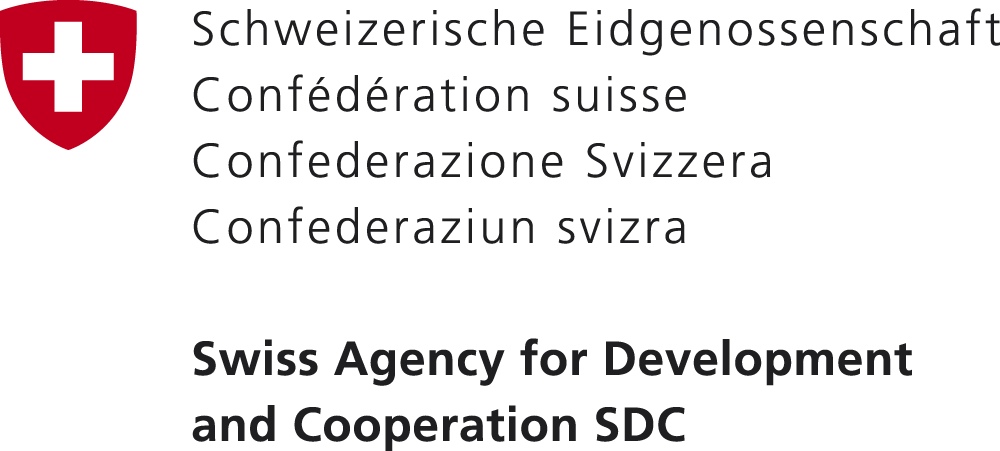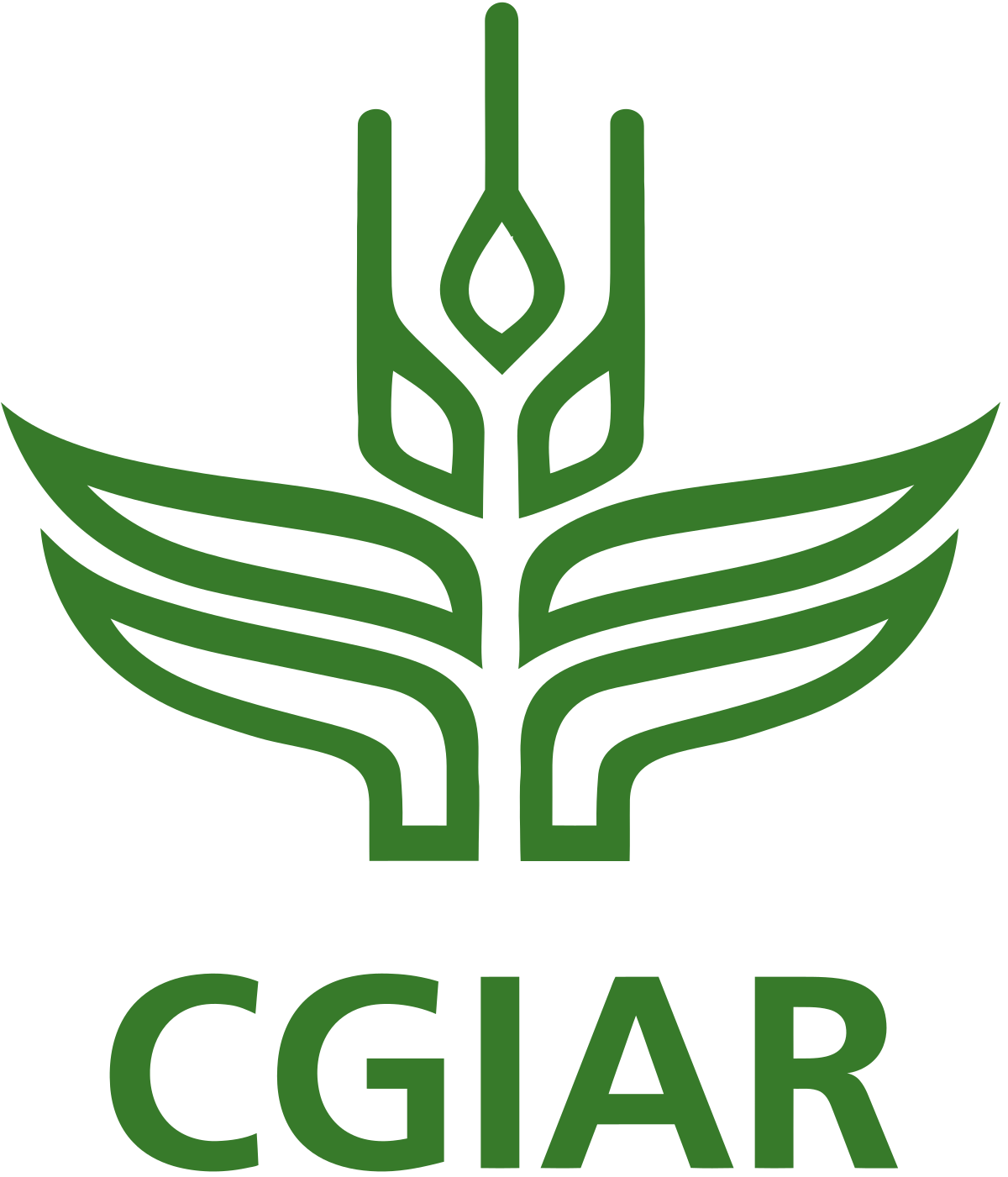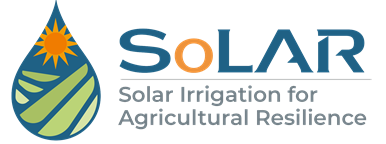|
SoLAR
Solar Irrigation for Agricultural Resilience
Issue No. 15: Jan–Mar 2024 |
|
|---|
|
Key Highlights
The SoLAR-SA project disseminated its research findings through the two national forums held in Bangladesh and India
|
|
|---|
|
India National Forum
Alok Sikka (CR IWMI India and Bangladesh) speaking during the Opening Session at the India National Forum.(photo: IWMI)
India National Forum: A Science Policy Forum, the India National Forum was held on 12th March 2024 at the Jaypee Siddhartha Hotel, New Delhi. The workshop was attended by 74 participants from across government, civil society, multilateral agencies, farmer groups, etc., and focused on the discourse surrounding the push for solarization which was at the heart of future sustainability. Also, it focused on the criticality of capacity building, for example, in Gujarat alone, over 2,000 farmers have received training and are monitoring various facets such as billing, water usage, To know more>
|
|
|
|
|
Bangladesh National Forum
Group photo of the participants at the Bangladesh National Forum (Photo Credit: Waresul Haque, NGO Forum)
A National stakeholder workshop on Beyond Diesel: Navigating an Equitable and Sustainable Irrigation Landscape in Bangladesh was organized at the Intercontinental Hotel, Dhaka, Bangladesh by the International Water Management Institute (IWMI), NGO Forum, Infrastructure Development Company Limited (IDCOL) and Consultative Group for International Agricultural Research (CGIAR) Transforming Agrifood Systems in South Asia (TAFSSA) Initiative under the Swiss Agency for Development and Cooperation (SDC) SoLAR project in Dhaka on 6th March 2024. There were 67 participants. To know more>
|
|
|
|
|
|
Deepak Varshney(IWMI) is presenting “Trends and Impacts from the Electrification of Groundwater Irrigation in Bangladesh.” Photo Credit: Waresul Haque, NGO Forum for Public Health
Deepak Varshney, Anurag Banerjee, and Adil Mizan presented at the Bangladesh National Forum held on the 6th of March 2024 in Dhaka. The presentation focused on ‘Trends and Impacts from the electrification of groundwater irrigation in Bangladesh’, addressing two major objectives -
i) Access and equity implications of pump electrification,
ii) Impacts of pump electrification on crop diversification and groundwater sustainability. Read more>>
|
|
|
|
|
“Green Skills: Qualifying Professionals for Work in the SOLAR PV Sector” was organized by GIZ POSTED on January 26, 2024, to highlight the importance of local technicians for sustainable operation of Solar Irrigation Pumps.
Read more>>
|
|
|
|
|
Knowledge Forum on Transformative actions for Inclusive and sustainable water management in Nepal
The Nepal National Water and Weather Week organized by IWMI Nepal on March 17, 2024, celebrates the World Water Day (WWD) and World Meterological Day (WMD) to raise awareness about sustainable water management and encourage discussions on water-related issues and climate action in Nepal. Read more>>
IWMI advocacy leads to signing of Net Metering Agreement with Nepal Electricity Authority
With constant advocacy by IWMI under SoLAR Project, the Net-metering Agreement got signed between Nepal Electricity Authority (NEA), Pokhariya and Surya Urja Krishak Samuha in Chhipaharmai on February 26, 2024. Under net metering, the power utility body takes accountability of 90% of bill amount, and 10% is what the consumer pays to NEA.Read more>>
Transforming Agrifood Systems in South Asia (TAFSSA)-Cereals Systems Initiative for South Asia (CSISA) GW Symposium
On 18 March a Groundwater Symposium was organized at Hotel Aloft, Kathmandu by Centre of Research for Environment, Energy and Water (CREEW), The Small Earth Nepal (SEN), and the Kathmandu Valley Water Supply Management Board (KVSWMB) in association with 22 national and international organizations focused on exploring the ‘Challenges and Opportunities for Sustainable Development and Management of Groundwater’. Read more>> |
|
|---|
|
Angel Konthoujam - Gender and Equity Specialist in Bangladesh (Photo: IWMI)
From February 19th to 22nd, 2024, the IWMI GESI consultant visited various IDCOL fee-for-service model SIP sites in North-west Bangladesh. Observations revealed that male farmers had diversified livelihoods, leading women to be responsible for operating the SIPs..Read more>>
|
|
|
|
|
Angel Konthoujam in a Preliminary discussion with the women of Kondra in Mandla(Photo: IWMI)
In collaboration with One CGIAR agro-ecology initiative, field visit to Mandla district of Madhya Pradesh took place from 12th February to 16th February 2024, which included discussion with the implementation partner, PRADAN for site identification for interventions targeting women farmers. Read more>>
|
|
|
|
|
IWMI team of Archisman and Shisher visited the field site in Bangladesh where grid-integration of SIP was piloted. The IWMI team was accompanied by IDCOL and the NGO Forum. Read more>> |
|
|
|
|
International Water Management Institute (IWMI), Pakistan in collaboration with Climate Energy Water Research Institute (CEWRI) organized the training of male farmers. The goal of the training was to empower potential farmers with the knowledge and skills necessary to implement innovative agricultural techniques,
Read more>> |
|
|---|
|
IWMI Pakistan in collaboration with CEWRI organized the training of female farmers on 22 February 2024 at Zahid Farm, Chakri, Punjab. The goal of the training was to equip aspiring women farmers with the expertise and abilities to adopt advanced farming practices powered by solar energy. Read more>> |
|
|
|
|
IWMI Pakistan in collaboration with CEWRI organized the training of water professionals titled
‘Solar Pumping Integrated with High Efficiency Irrigation Systems to Increase Water-Land use Efficiency.’ The training was focused on the design, implementation, and optimization of solar pumping integrated with high-efficiency irrigation systems. Read more>>
|
|
|
|
|
Darshan Karki
Darshan Karki
National Researcher- Gender, Social Inclusion & Youth
IWMI – Nepal
|
|
|---|
|
What is your role in the project?
My responsibility entails providing a gender and social inclusion perspective to the solar irrigation project in Nepal. This includes conducting a techno-social analysis of the grid-connected solar irrigation pilot by IWMI-Nepal in Chippaharmai Municipality.
Read full Interview >>
|
|
|---|
|
Solar pumps are empowering women farmers in India
Tanmoy Bhaduri
Read here >> |
|
|
|
|
Solar energy technology emerging as an alternative to irrigation pumps that consume diesel worth Rs 2.25 billion annually
Mukesh Pokhrel
Read here >>
|
|
|
|
|
Mitra, A; Buisson, Marie-Charlotte; Osmani, A. Z.; Mukherji, A. 2024. Unleashing the potential of solar irrigation in Bangladesh: key lessons from different implementation models. Environmental Research Letters, 19(1):014024.
https://doi.org/10.1088/1748-9326/ad0eaf
Khadka, Manohara; Uprety, Labisha; Shrestha, Gitta; Shakya, Shristi; Mitra, Archisman; Mukherji, Aditi. 2024. Can water, energy, and food policies in support of solar irrigation enable gender transformative changes? Evidence from policy analysis in Bangladesh and Nepal. Frontiers in Sustainable Food Systems, 7:1159867.
https://doi.org/10.3389/fsufs.2023.1159867
|
|
|---|
|
We thank
Alok Sikka, Archisman Mitra,
Azeem Ali Shah, Darshan Karki, Darshini Ravindranath, Deepak Varshney, Novaira Junaid, and Shisher Shrestha
for contributing to this newsletter. |
|
|---|
|
We thank Aariz Raza and Shibani Chattopadhyay, IWMI India, for providing overall technical support in bringing this newsletter out.
For further information, please get in touch with our Communications Team, SoLAR Project, IWMI at iwmi-solar@cgiar.org
Images courtesy: IWMI -SDC-SoLAR Project
|
|
|
|
|
|  |
|
|
|
|




